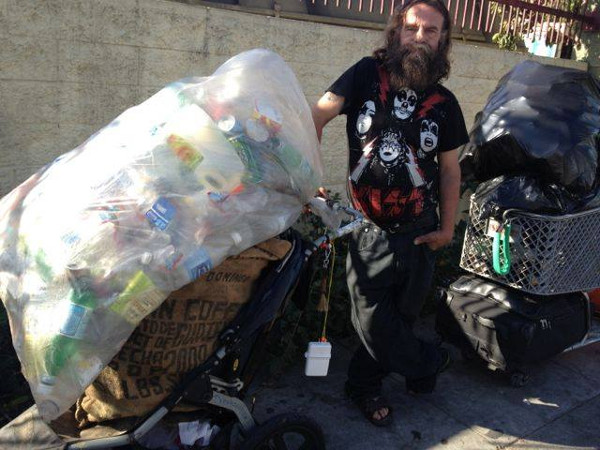
PHOTO/WRAP
LOS ANGELES, CA — Most people when they talk about class have some deep misconceptions. We so often hear about class in terms of rich, poor and middle class. Even the middle class is said to be divided into upper and lower middle class. Under this definition class is determined by income and or personal assets. It is around this false consciousness that a wide majority of people define their class position and their politics of how classes should interact within society.
This is a false consciousness because class does not break down along lines of income but rather along the lines of ownership and labor. It’s not just that the poor shouldn’t be so poor. Or the middle class should be bigger. Or that the rich should do more to help both. No. There really shouldn’t be this division between labor and ownership in the first place.
The world for the overwhelming majority of us is organized in a chaotic manner, where nothing is guaranteed to those who own nothing. Meanwhile virtually every human institution is set up to maintain the rule of law, which is really the legal rule of property, which by definition bolsters the rule of the propertied class. The majority of us need to learn to read so that we can be exploited. We need trash picked up so we don’t get sick.
But what happens in areas where there is no work to go around? What happened to Philadelphia, Detroit, Youngstown, Gary or the Southside of Chicago? What happened to the industrial belt, now called the Rust Belt? The schools close. The water gets cut. And the garbage piles up.
In America, at least in the 20th century, we know only the reform struggle. The struggle is to make things a little better, fairer—but anything beyond that is thought of as foolish and dangerous. The reform struggle itself cost many, many lives, i.e. in the struggle for unions, civil rights etc. But the reform struggle is conditional. The struggle for reform can only be waged on the condition that production is labor dependent. The struggle for reform revolved around the ability to enter into exploitation, i.e. against discrimination, around changing the rate of exploitation, i.e. a higher wage and for safer conditions as in worker safety laws. But if instead of a worker, production is dependent on a machine, then you have no ability to wage that struggle.
That is what is happening today and for about 35 years now. It is accelerating. It will redefine how and what we struggle for.
More and more, the struggle of our day and future will be to get an economy that matches current production. Meaning we need a system of distribution that matches the system of production. Meaning we need to abolish this way of doing things and replace it with a communal society. This is not utopian thinking. And in the future, it is the most practical solution, as the owners of capital will not pay you to stand in front of machines.
Human beings struggle around material things, for what is actually in front of us. Our struggle must keep pace with how society is materially changing. The future is up to us.
